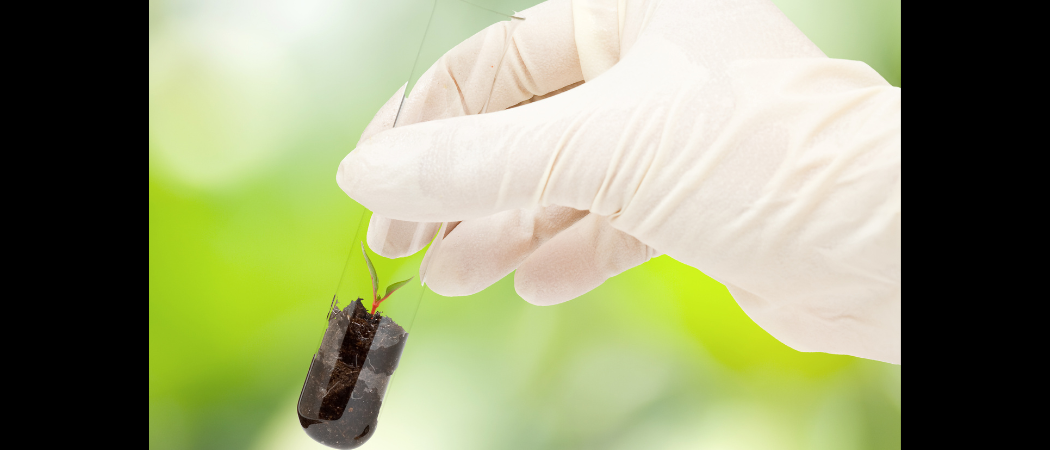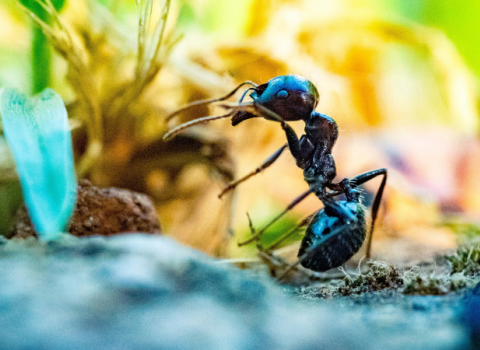The new partnership, to be proposed during Hungary’s EU presidency in the second half of this year, aims to bring the region up to speed in the sustainability transition

Photo credits: BigStock
Hungary is to propose a new partnership to boost development of the bioeconomy of central and eastern European countries during its EU presidency later this year. The idea will be presented officially on 4 July in Brussels, with the goal of launching it at the beginning of 2028 for a period of seven years.
Central and eastern European countries have high potential in terms of renewable bioeconomy resources such as forests, crops, livestock and microorganisms, from which to produce food, materials and energy. But production and processing facilities are unmodernised and the region is seen as not optimising its opportunities, due a lack of coordinated planning and low investment in innovation.
The Hungarians want to address this either through a new co-financed partnership as part of the Horizon Europe research programme, or through the same mechanism that the Partnership for Research and Innovation in the Mediterranean Area (PRIMA) is based on. PRIMA brings together 19 countries around the Mediterranean Sea and Germany to boost research cooperation in water management, agriculture, energy and food production.
Both options are feasible, a European Commission official told Science|Business, with the decision up to the EU member states. So far, only informal talks have been held on the partnership.
The Bioeast initiative, an inter-governmental policy steering group operating in 11 central and eastern European countries, favours the PRIMA-style option.
Barna Kovács, Bioeast’s secretary general, said this is “more realistic” in terms of getting the commitment of central and eastern European countries. It could have the added bonus of a long-term budget and it would also root the goals of the partnership more in the participating member states.
While the partnership would be focused on central and eastern European countries, it should also encompass other EU member states and European neighbours, including the western Balkans, Moldova and Ukraine. Bioeast envisions the possibility of 25 to 30 countries joining the partnership.
The projected budget for a PRIMA-style partnership is around €400 million initially, of which around half would come from participating member states and half from the Commission. For context, PRIMA's overall budget is just shy of €500 million. The idea would be to eventually bring in additional, private investment.
Sustainability and autonomy
The term bioeconomy is something of a catch-all which can be applied to a wide variety of projects using natural resources. It is seen by the EU as an important area, because greening agricultural processes, using biomass for energy generation, and preserving biodiversity each play a part in the bloc’s long-term climate and sustainability goals.
The Commission intends to review its current bioeconomy strategy by the end of 2025 to include a stronger industrial dimension, and also plans to launch a new biotech hub by the end of this year and, in the future, pass a new EU Biotech Act.
A bioeconomy partnership in central and eastern Europe would help the region catch up with western European countries, which generally have stronger national strategies and have introduced more related new technologies.
“If we look at the bioeconomy strategies across Europe, there is still a gap, with many strategies available in western European countries, while Bioeast countries are in the phase of preparing such strategies,” the Commission official said.
Kovács said a new partnership is necessary to spur central and eastern European countries into action. “To be able to connect central and eastern European countries to the sustainability agenda, we should not leave it up to them and up to good luck whether they participate in the [green] transition,” he said.
Countries in the region might not have the capacity to develop the knowledge and necessary support for future policies, and so they should have a partnership that is “owned” by them, he said. “A research and innovation partnership and its results are the only way we can convince [politicians] to transit towards sustainability.”
The new partnership is to be based on four themes of soil, freshwater, food system security and biomanufacturing. This will be further refined during talks with member states and the Commission.
The various national ministries involved in the Bioeast initiative are in support of the new partnership, Kovács said. The aim is to have Council conclusions on the partnership by November this year to start work on preparations for its launch under the EU’s next multiannual budget.




 A unique international forum for public research organisations and companies to connect their external engagement with strategic interests around their R&D system.
A unique international forum for public research organisations and companies to connect their external engagement with strategic interests around their R&D system.